Golan Height, Dec 16 (V7N)- Israel has unveiled a new $11 million initiative aimed at doubling the population of the occupied Golan Heights, an area internationally recognized as Syrian territory. The announcement was made following the Israeli government's approval of the project, which Prime Minister Benjamin Netanyahu described as crucial for strengthening Israel's presence in the region.
Government's Statement and Rationale
In a statement issued by Netanyahu's office, the government emphasized the importance of bolstering the Golan Heights amidst ongoing regional challenges. "Strengthening the Golan Heights area means strengthening Israel," the statement read, underscoring its strategic significance.
Netanyahu affirmed that the Golan Heights would remain under Israeli control, adding that the government plans to encourage more settlers to move to the area.
Current Demographics and Historical Context
The Golan Heights, a rocky plateau area, is currently home to over 50,000 people, about half of whom are Israeli Jews. The territory was seized by Israel during the Six-Day War in 1967 and was formally annexed in 1981—a move not recognized by international law, which continues to regard the Golan Heights as Syrian territory.
Military Buildup and Strategic Importance
Since the fall of Bashar al-Assad's control over parts of Syria, Israel has intensified its military presence along the buffer zone on the Syrian side of the Golan Heights. This area serves as a key strategic point for Israel, offering a vantage point over southern Syria and northern Israel.
International Implications
The move is likely to draw criticism from the international community, as it underscores Israel's continued control over a region regarded by the United Nations and other international bodies as occupied Syrian territory. Israel's development plans in the area may further complicate relations with Syria and other nations opposing the annexation.
A Controversial Step
As Israel pushes forward with its plans, the Golan Heights remains a flashpoint of contention in the Middle East, symbolizing broader disputes over land, sovereignty, and international law. This new initiative signals Israel’s intent to solidify its grip on the region, while raising questions about the future of diplomacy in the conflict-ridden area.
END/RH/AJ



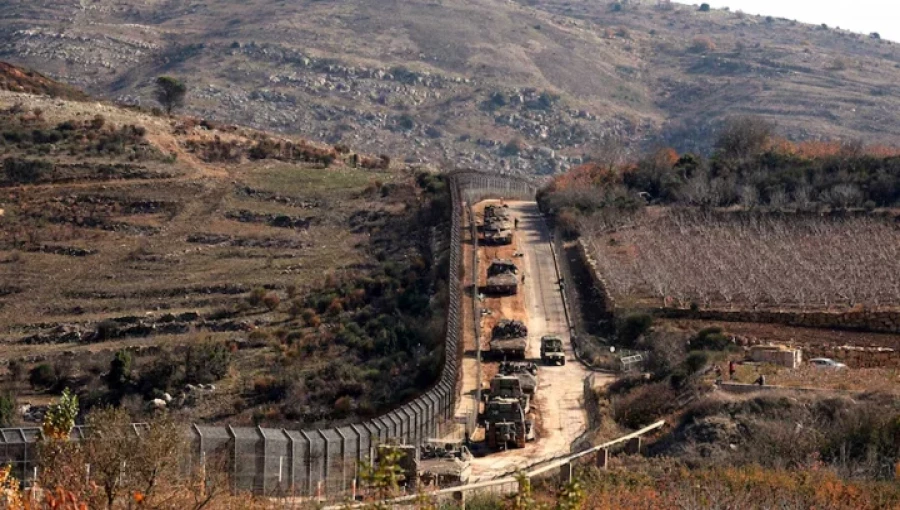
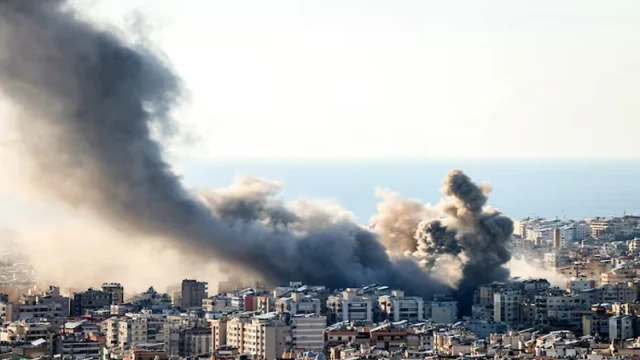

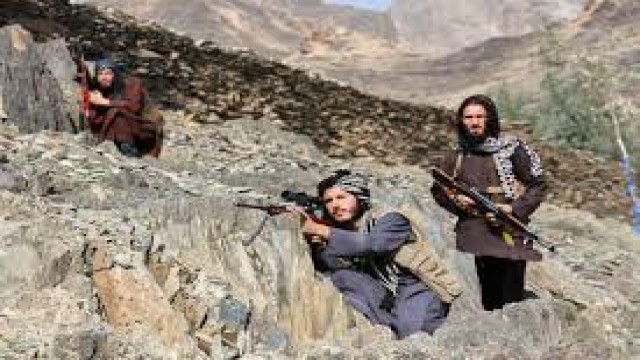
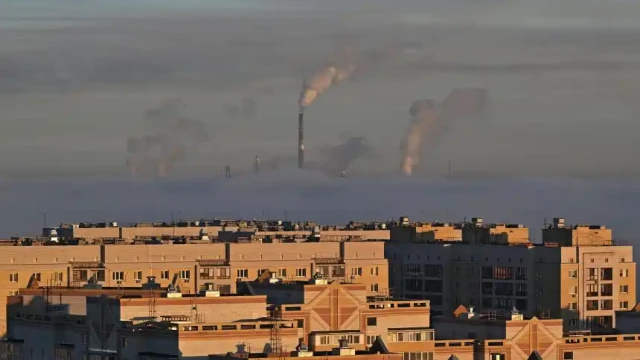

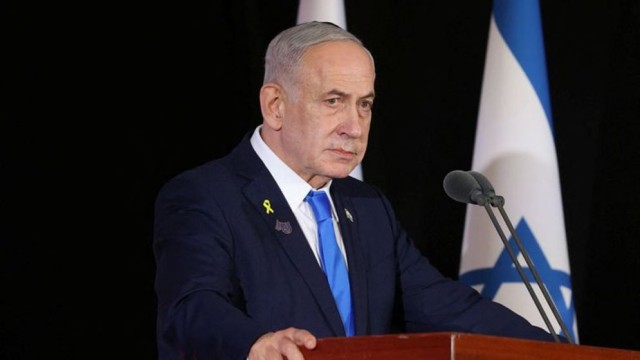















Comment: